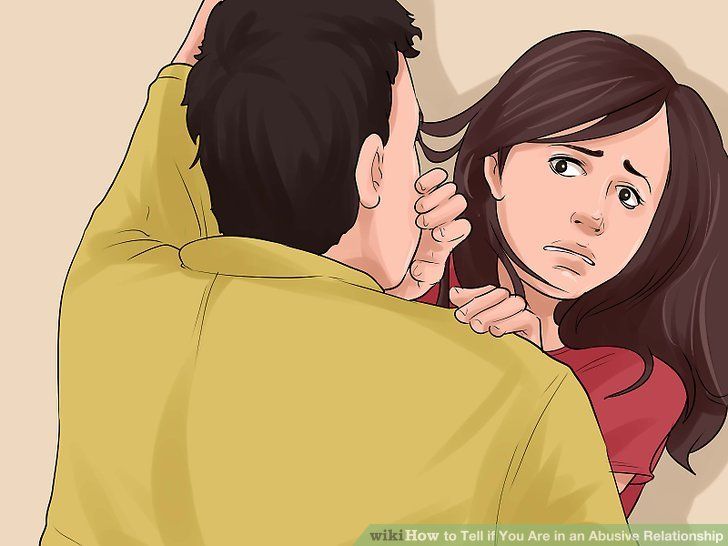Dating Violence And Abuse
Jun 13, 2019 • 21 views
Dating violence is when someone you love or do sex with, abuses you verbally or harms you physically, sexually or emotionally. It may happen on your first date, or once you are in deep love. Dating violence is never your fault. It not only happens with couples of opposite sex but also with heterosexual and same-sex couples across all age groups. It commonly happens with women of all races and ethnicities, incomes, and education levels. But there are men too who face dating violence and abuse. Dating violence is also referred to domestic abuse, when you live with your partner.

Dating violence includes :
Emotional and verbal abuse
The person acts overly jealous, including constantly accusing of cheating. The person is extremely dominating and controlling, such as pointing out all choices of the partner, telling one what to wear, forbidding one from seeing friends and family. Insulting and putting one down, including appearance and intelligence, trying to isolate one from people. After doing all of these activities they apologize for abuse and promise to change again and again. These people are quick tempered, so one never knows what they may do when they get angry, which may cause a problem. And then not allowing one to end the relationship or making one feel guilty for leaving.

Sexual assault and rape
Forcing one to do sexual act even if they don’t want to get sexually intimate. Doing sexual acts without consent of the partner, such as telling one that, he/she owe them sex in exchange for taking you out on a date.

Physical abuse
Hitting, shoving, kicking, biting, and throwing objects, choking, or any other aggressive contact. Abusive partners may also pressure the other to have unprotected sex or prevent one from using birth control. At times you may think that getting pregnant will stop the abuse, but it's not true it may get worse during pregnancy. It’s a good idea to consult your doctor about types of birth control you can use.

Digital abuse.
Digital abuse is a type of abuse that uses social media. Digital abuse is more common among younger adults, but it can happen with elder adults too. Demanding to check one's phone, email, and social media, harassing on social media, pressurizing to send nude or private pictures. Constantly checking in with one and getting angry if you don’t check in with him or her like continuously calling and texting. In a healthy relationship, both partners should respect relationship boundaries. You need not send your private photos that make you uncomfortable. Once you send a picture, you have no control over it, it may be forwarded too.

None of the above described behavior is OK. Even if your partner commits anyone of these things also, it’s still abuse. It is never OK for someone to hit you or be cruel to you in any way.
